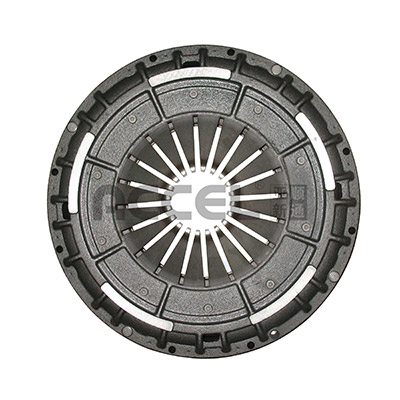Mobile:+86-311-808-126-83
Email:info@ydcastings.com
aluminum alloy die casting
Aluminum Alloy Die Casting An Overview
Aluminum alloy die casting is a manufacturing process that involves forcing molten aluminum into a mold cavity under high pressure. This technique is widely regarded for its ability to produce complex geometries with high dimensional accuracy and a smooth finish. The versatility and beneficial properties of aluminum alloys have made them a popular choice in various industries, including automotive, aerospace, consumer electronics, and industrial applications.
Aluminum Alloy Die Casting An Overview
Aluminum die casting alloys, such as 380, 383, and 413, are characterized by their unique properties, which can be tailored to meet specific requirements. These alloys often contain elements such as silicon, copper, and magnesium, which improve castability, strength, and corrosion resistance. The presence of silicon, for instance, enhances fluidity, making it easier to fill intricate mold cavities and reducing the likelihood of defects.
aluminum alloy die casting

The die casting process itself can be categorized into two main types hot chamber and cold chamber. In hot chamber die casting, the metal is melted in a furnace attached to the die casting machine, allowing for continuous feeding of molten metal. This method is suitable for alloys with low melting points, such as zinc and lead. On the other hand, cold chamber die casting involves transporting molten aluminum from a separate furnace into the die casting machine, making it ideal for higher melting point materials. This method provides better control over the metal's temperature and quality.
A significant benefit of aluminum die casting is its efficiency in production. Once the die is created, it can be used to produce thousands of identical parts with minimal waste. Furthermore, the process allows for rapid prototyping, enabling designers to test and modify their products quickly.
In conclusion, aluminum alloy die casting is a critical manufacturing process that combines the benefits of aluminum's lightweight and strength with the precision of die casting technology. As industries continue to demand lighter, stronger, and more complex components, the significance of aluminum alloy die casting is poised to grow, driving innovation and efficiency in manufacturing practices worldwide.
-
What Makes Stainless Steel Pump Casting Essential for Modern Industries?NewsJul.14,2025
-
Revolutionize Your Engine Maintenance with Premium Aluminum and Cast Iron ComponentsNewsJul.14,2025
-
Precision Flow Engineering Starts with the Right Pump ComponentsNewsJul.14,2025
-
Maximize Efficiency: Explore Reliable Containment and Crop SolutionsNewsJul.14,2025
-
Discover Superior Performance with Advanced Turbo ComponentsNewsJul.14,2025
-
Boost Fluid Dynamics with Precision-Engineered Pump ComponentsNewsJul.14,2025











